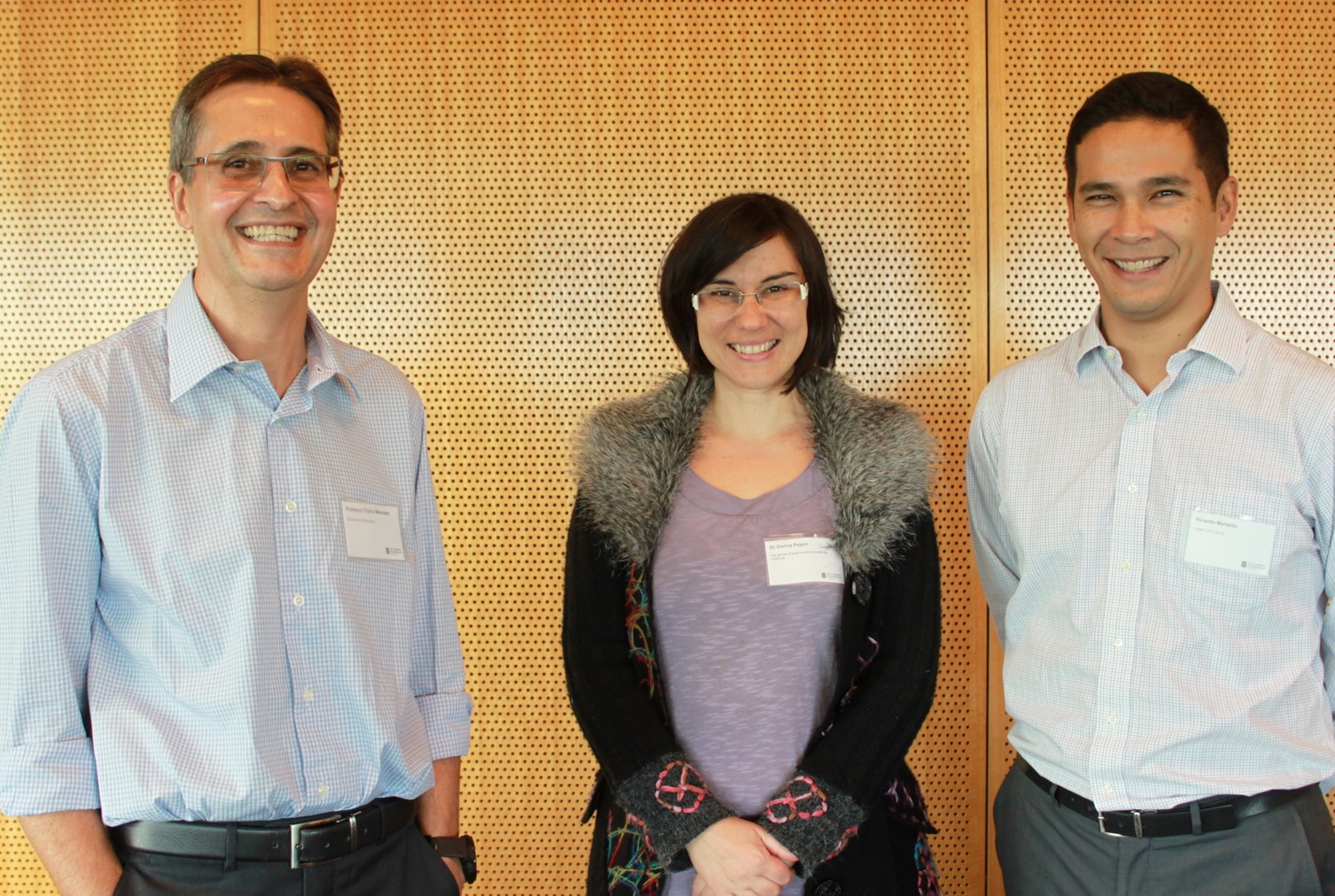The UQ School of Economics hosted a Smart Cities Workshop on Monday 28 May 2018 to provide a forum for collaboration and ideas sharing on how to address the impact of rapid ditigalisation on urban areas.

Over 40 participants from industry and business, academia and government gathered to hear how digital disruption is transforming our economy and society, and to discuss some of the biggest policy challenges facing our cities today.
The workshop’s program consisted of three presentations, exploring different approaches that may help shape the smart city policy space.
The smart city term encapsulates the notion that cities need to effectively integrate human, technology and physical systems in the built environment in a sustainable way, to benefit all citizens.
If you were unable to attend the workshop and are interested to learn more about this topic, you can view each of the presentations below.
Ricardo Martello, City Future Manager, Logan City Council
This presentation provided an introduction to the term smart cities and set the scene for the workshop. It presented the challenges and opportunities for local government with the rise of rapid digitalitation in urban areas, as well as reinforcing that citizens need to be the centre of all new smart city policy initiatives.
View Presentation
Dr Dorina Pojani, Senior Lecturer Urban Planning, School of Earth and Environmental Sciences
This presentation examined the smart city concept from an urban planning perspective. The rhetoric surrounding smart cities falls broadly into two categories: marketing material from large IT companies and academic literature relating to technological interventions in the urban environment. Notably, the citizen’s vision and sense of scale is largely absent from the smart city discourse so far.
Professor Flavio Menezes, School of Economics
This presentation assessed the recent experience in the joint procurement of a smart public lighting and smart city network solutions. The assessment used insights from market design principles to highlight the risk that a sub-optimal procurement process may lead to monopoly outcomes that do not maximise societal net benefits from a smart city network.



